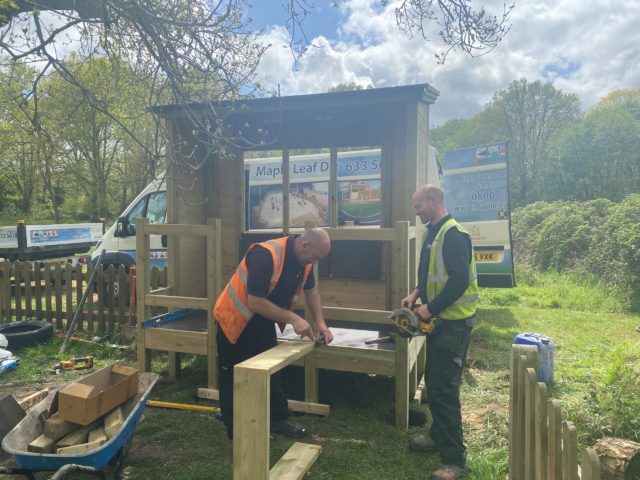
Heads' blog
·20 April 2023
Yesterday my nine year old daughter told me that there could be more plastic in the oceans than fish by the year 2050. This alarming statement reminded me of two things. Firstly, there is a global catastrophe in the making, all adult made. Secondly, today’s young children are so incredibly well-informed, concerned and proactive about environmental issues.
The ocean is currently filled with 150 million tons of plastic. The prediction is that if current trends around production and recycling continue (just 14% of plastic packaging is actually recycled), this will rise to at least 937 million tons by 2050. These numbers are so huge that even a fully developed adult mind may find them challenging to process; I know that I certainly do!
So how do our young learners do it?
Perhaps they process such facts less through a rational understanding of the numbers and scales involved, and more through a connection with the natural world that is innate in all children. Our school motto, Be Strong In Understanding, speaks to this empathy and compassion for nature that children share and, as teachers, we look for opportunities to enhance this wherever possible.
During a recent Year 1 topic on endangered animals we saw first-hand the passion our pupils have for these issues. Outcomes included both local and international initiatives, from children inspired to take their parents litter picking in their local parks to families agreeing to boycott certain palm oil products due to the role these play in the deforestation of orangutan habitats in Borneo. In English lessons, they read Greta and the Giants and wrote to Greenpeace – and received a reply – seeing first-hand the impact their written words carry.
This term we having a purpose-built bird hide fitted in our Pre-Prep garden. This is something we are all excited by as it again takes the children a step closer to nature and the great outdoors. They will be able to sit, look and listen from within it and, with luck, see a range of natural wonders in the wild fields it looks over, including our resident family of deer, several woodpeckers, a lone heron and a nesting pair of red kites. The benefits of such opportunities are endless and thoroughly supported by scientific research. Sir David Attenborough himself recently advised: “One of the simplest things that you should do if you get the chance, when you get the chance, is just naturally to stop. Sit down. Keep quiet. Wait 10 minutes. You’ll be very surprised if something pretty interesting didn’t happen within 10 minutes. Doing that in a woodland, if you haven’t done it, is extraordinary.”
In the context of a planet where ocean life is threatened by plastics, such experiences are priceless. They strengthen our children’s connection with nature and their commitment to solving the problems we have created for them. They nurture informed and passionate young learners; strong in understanding.
